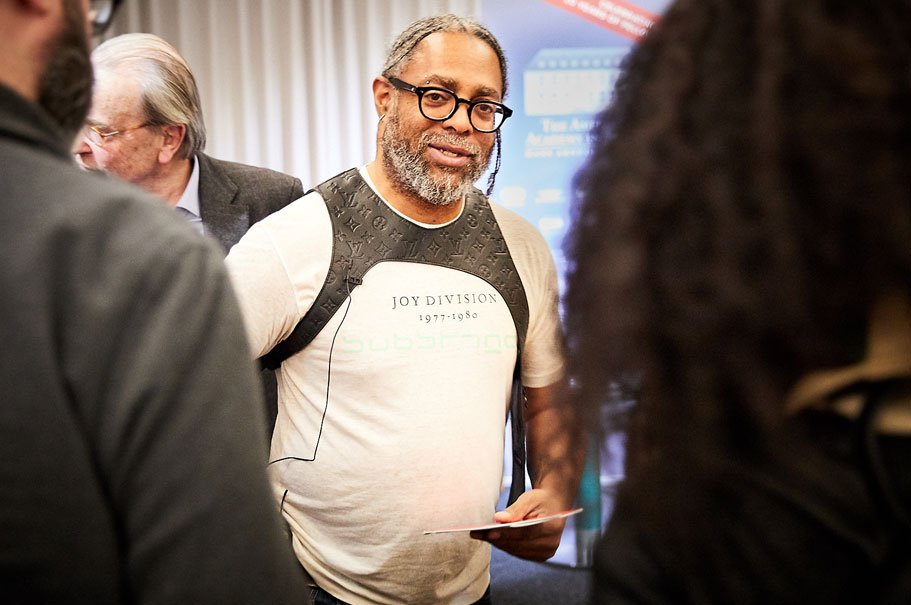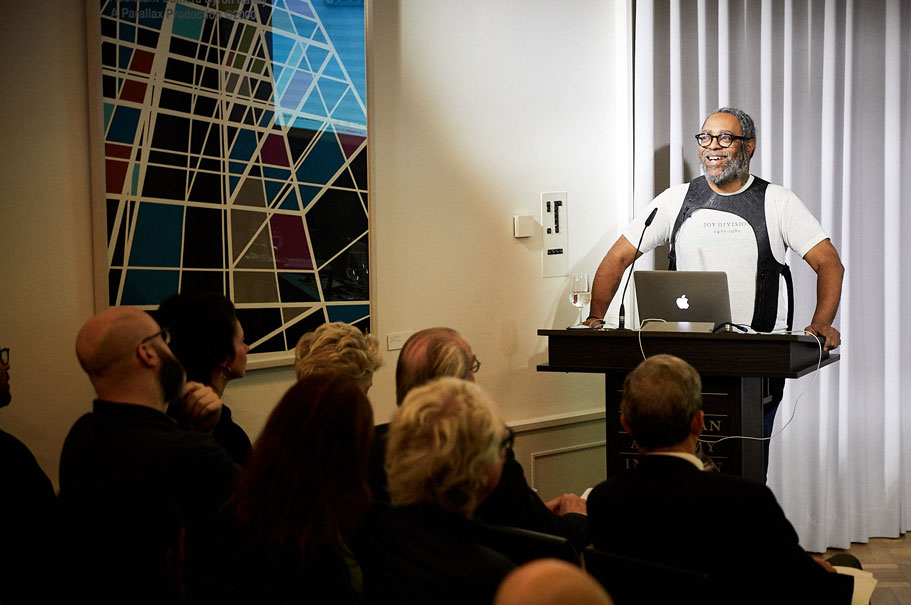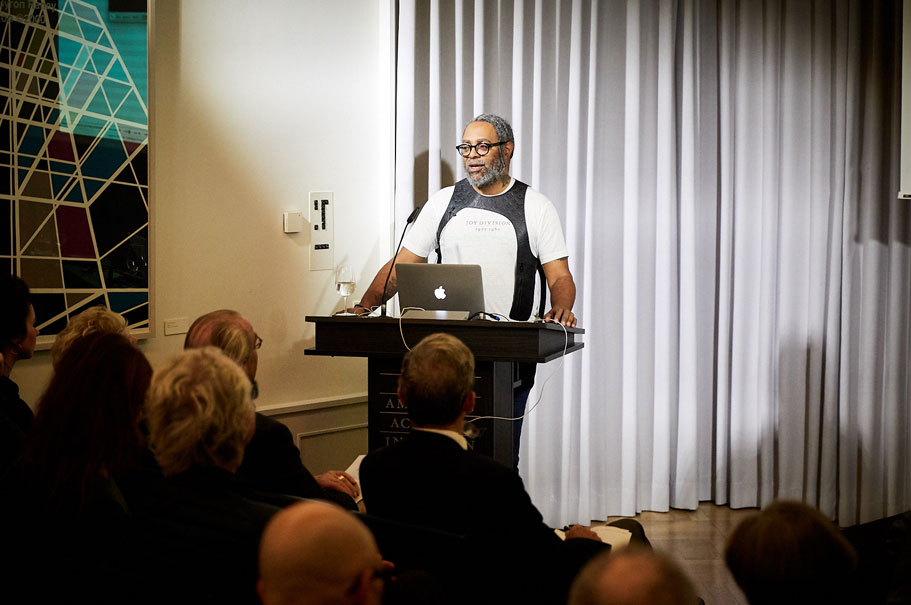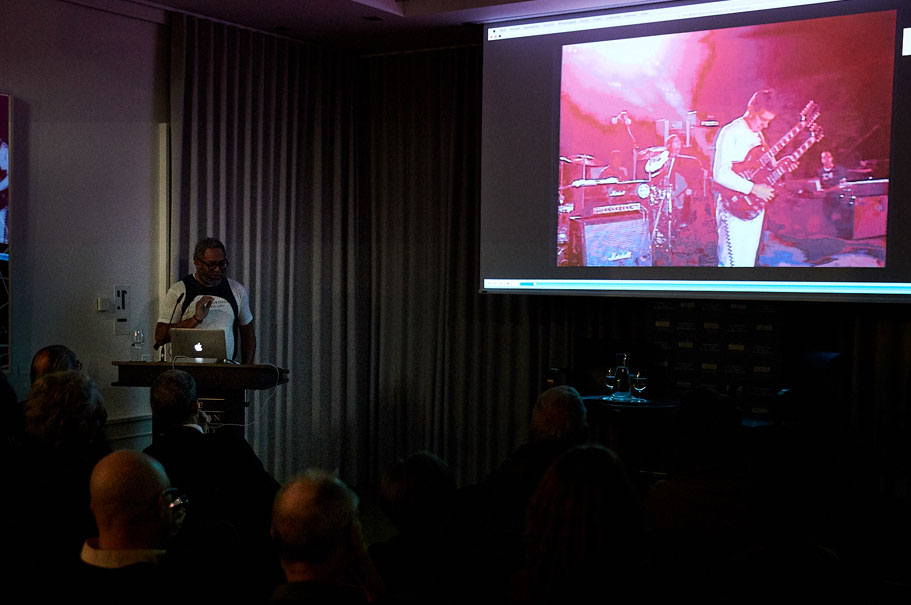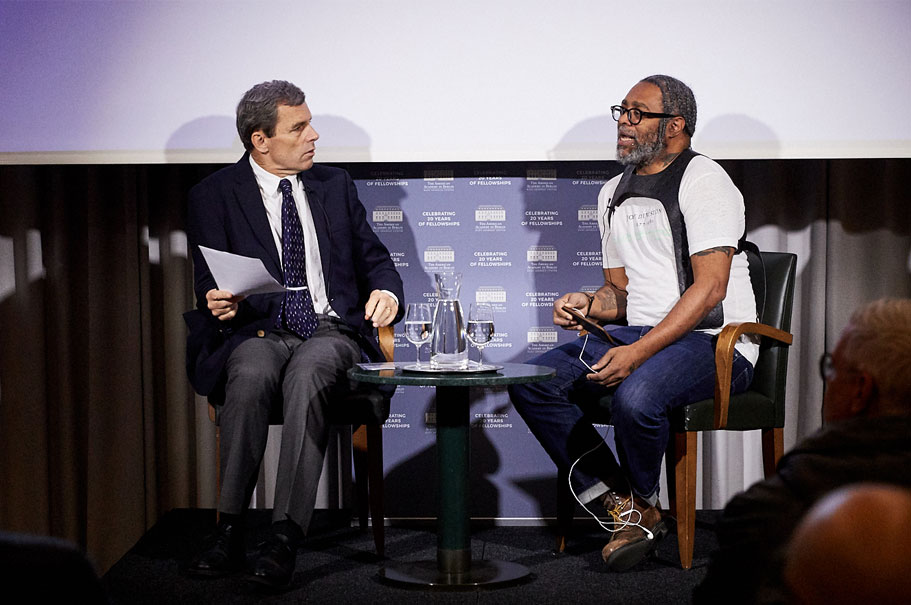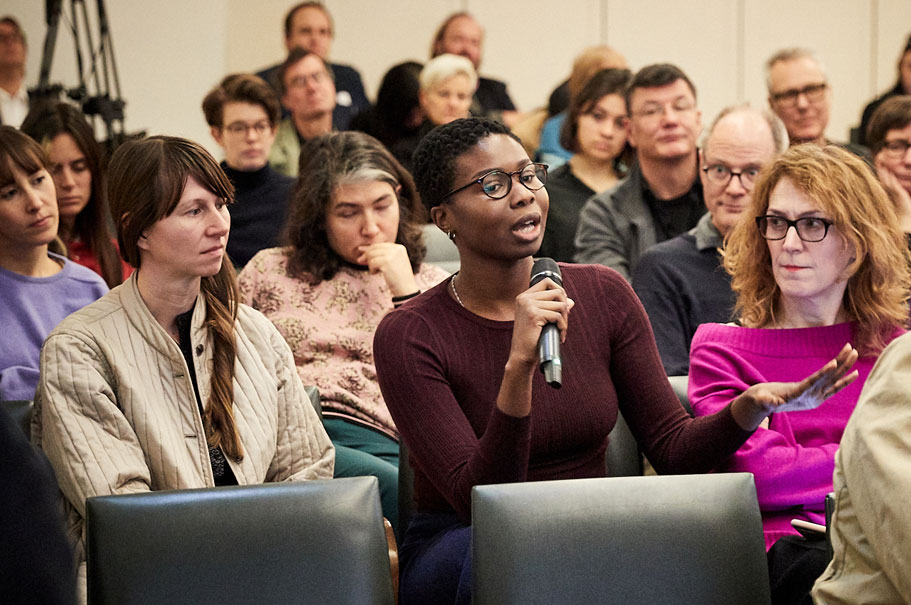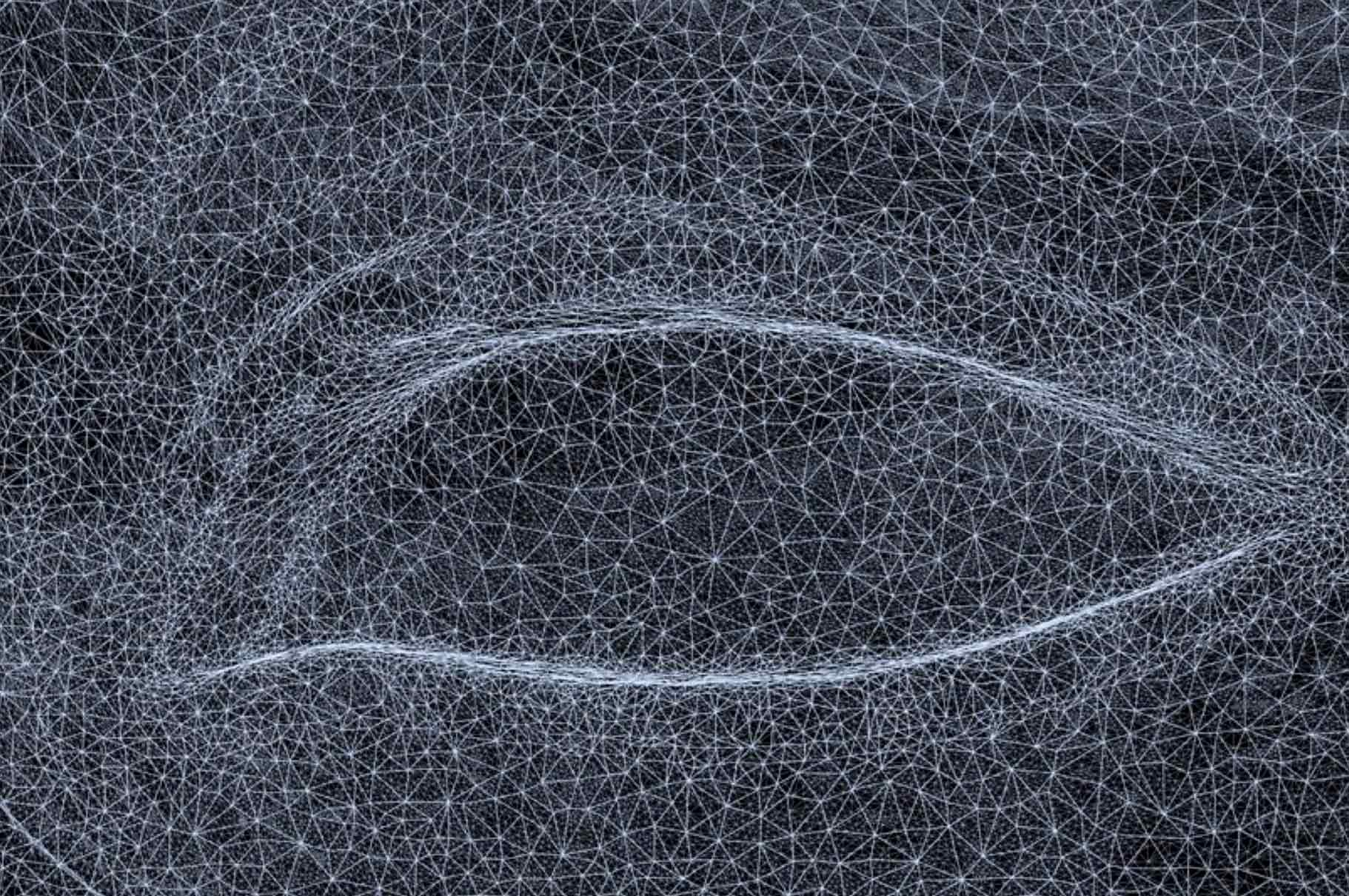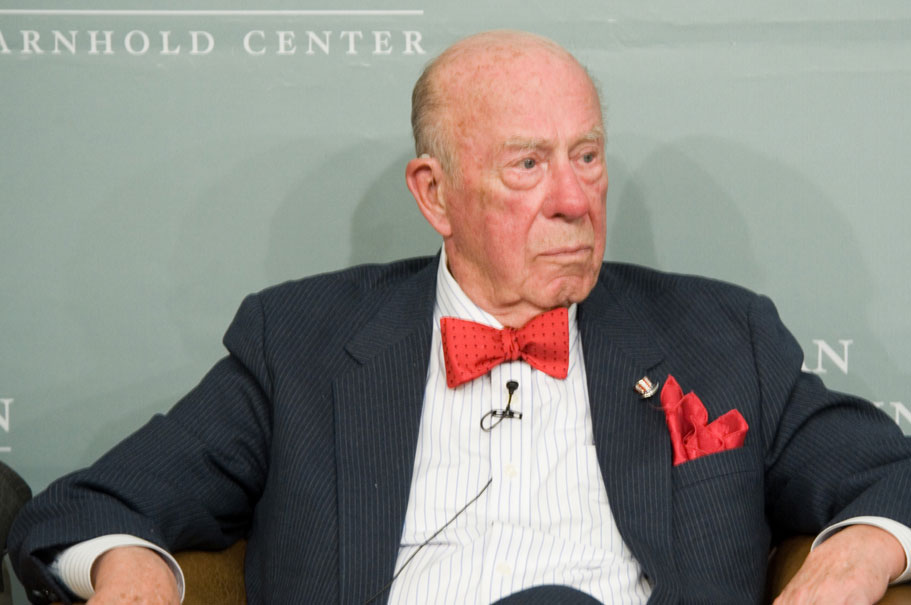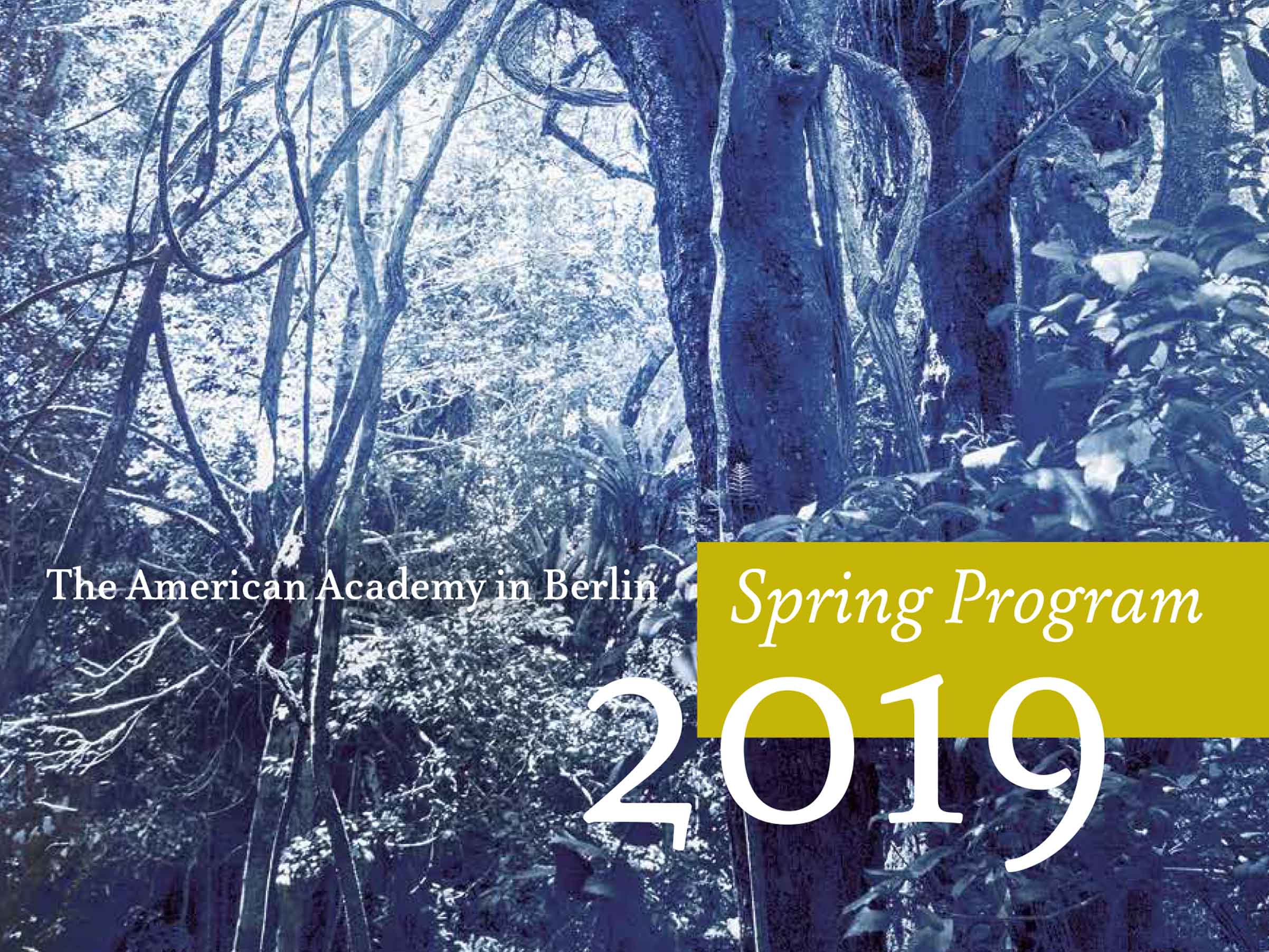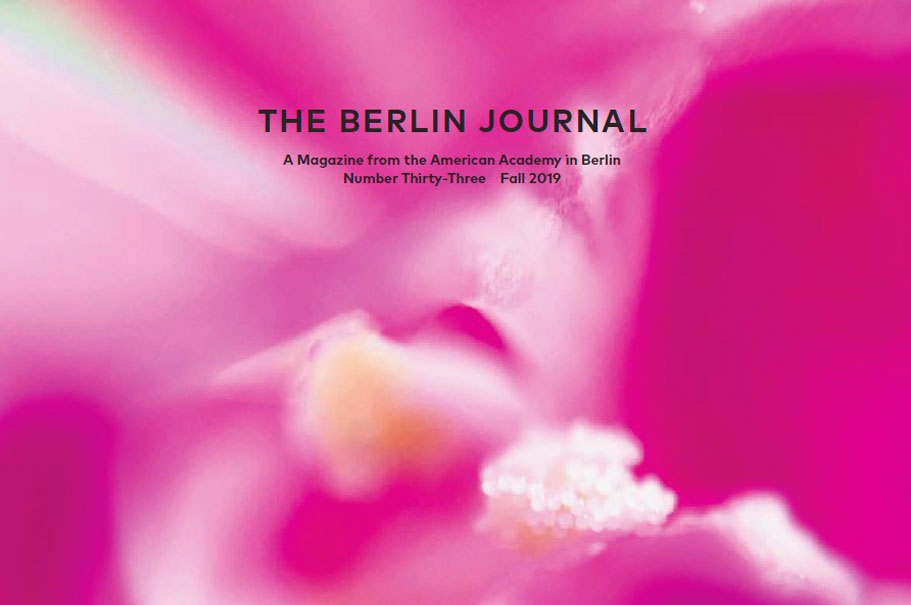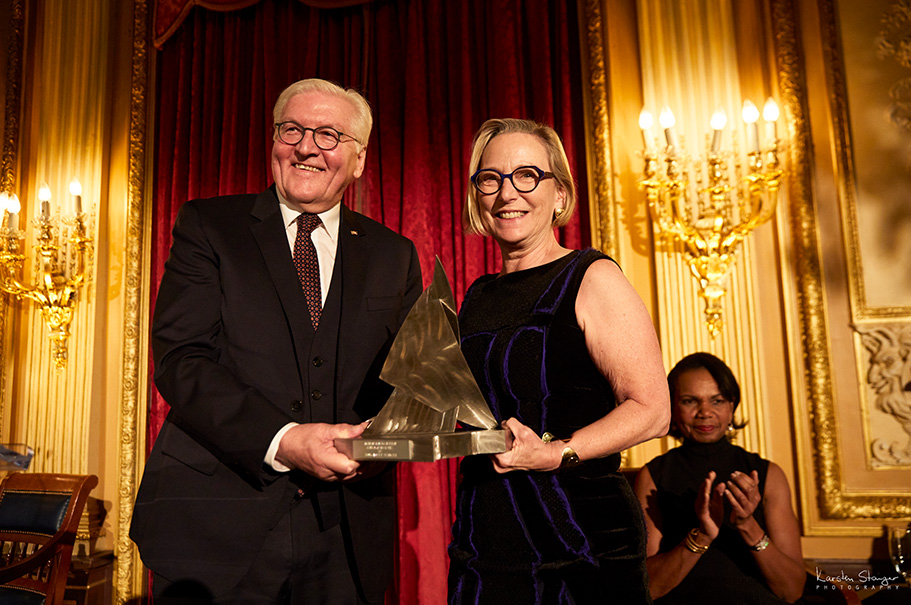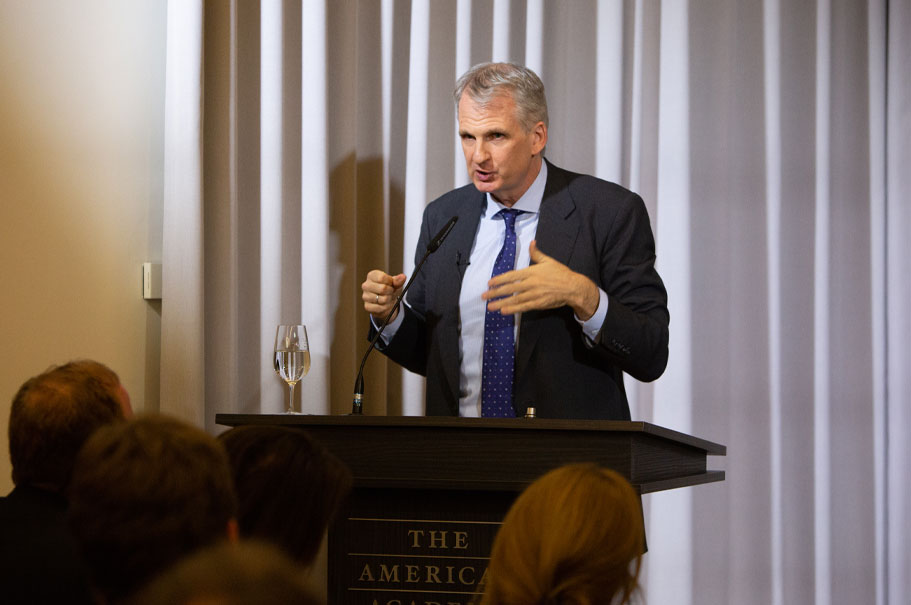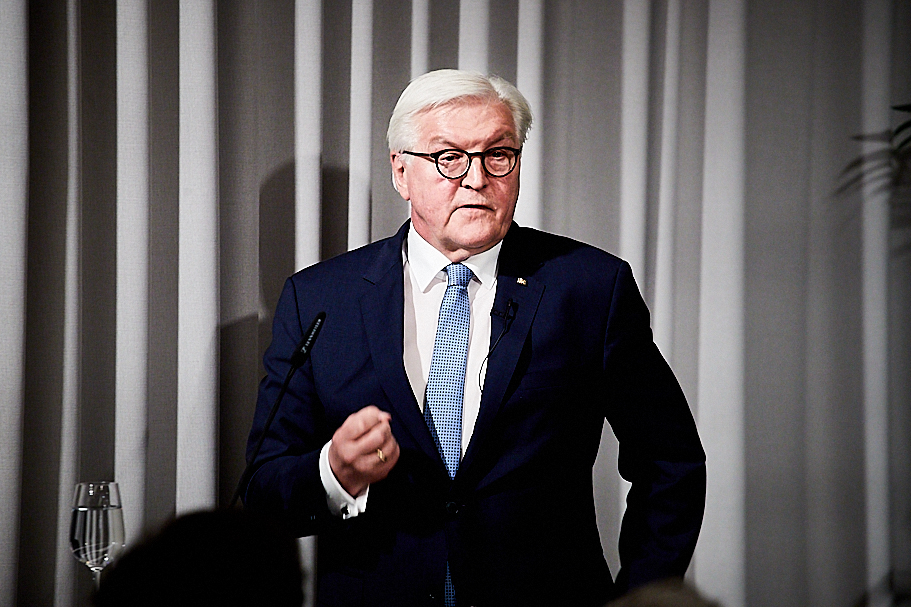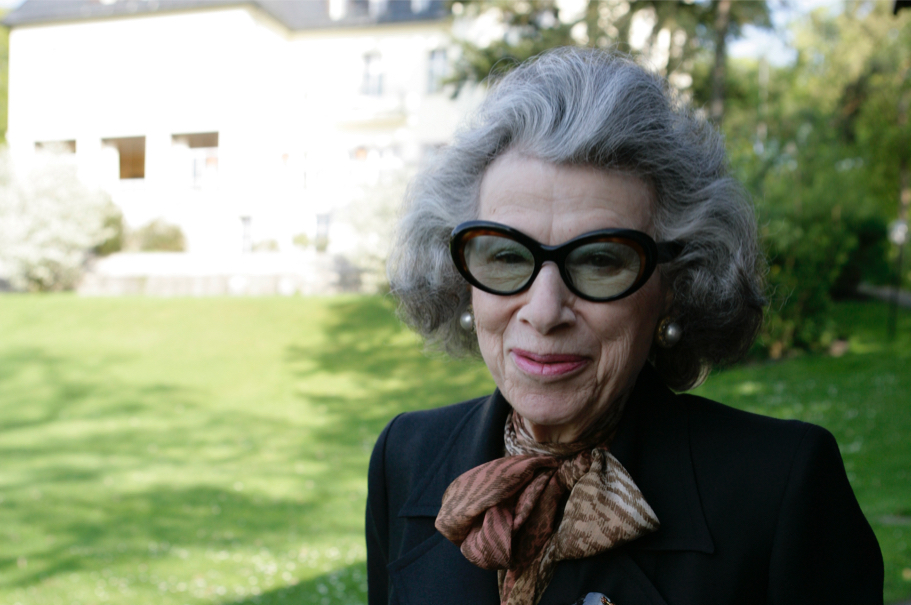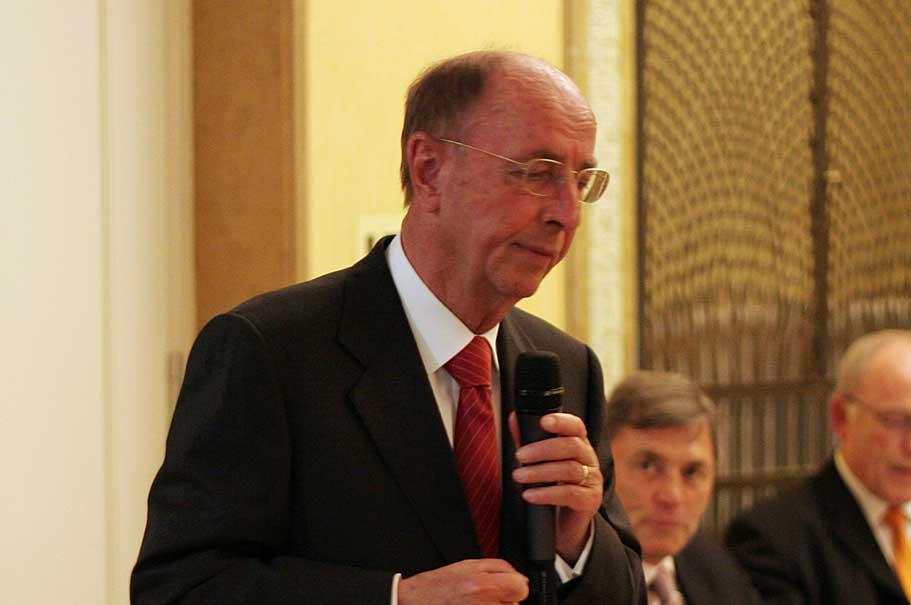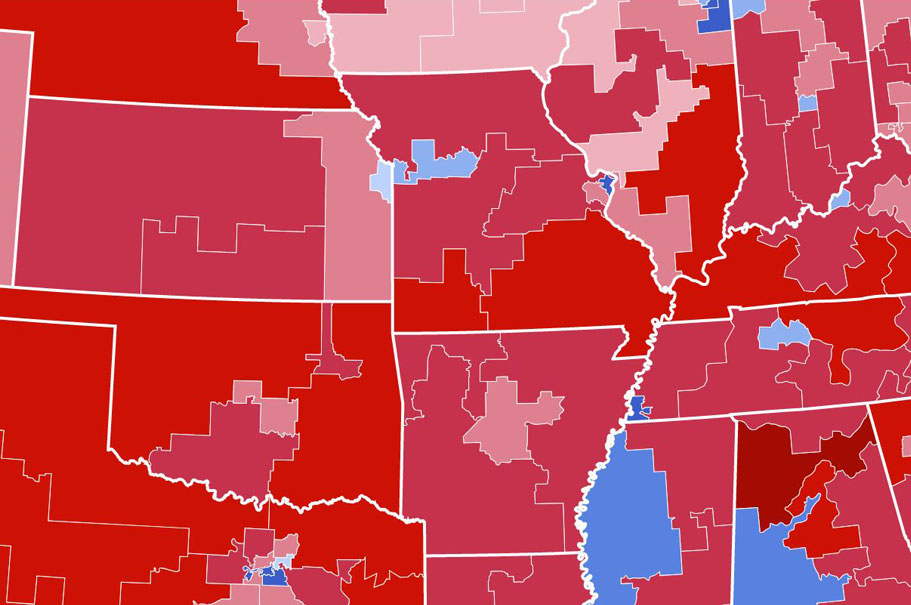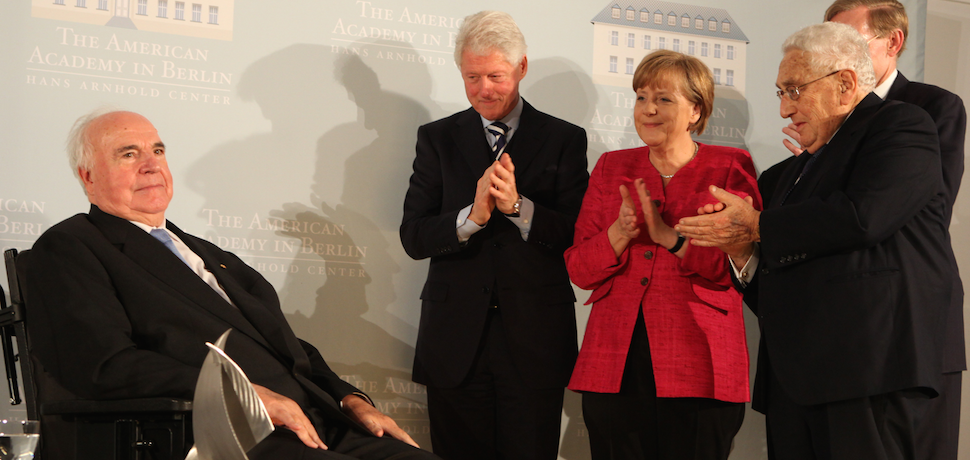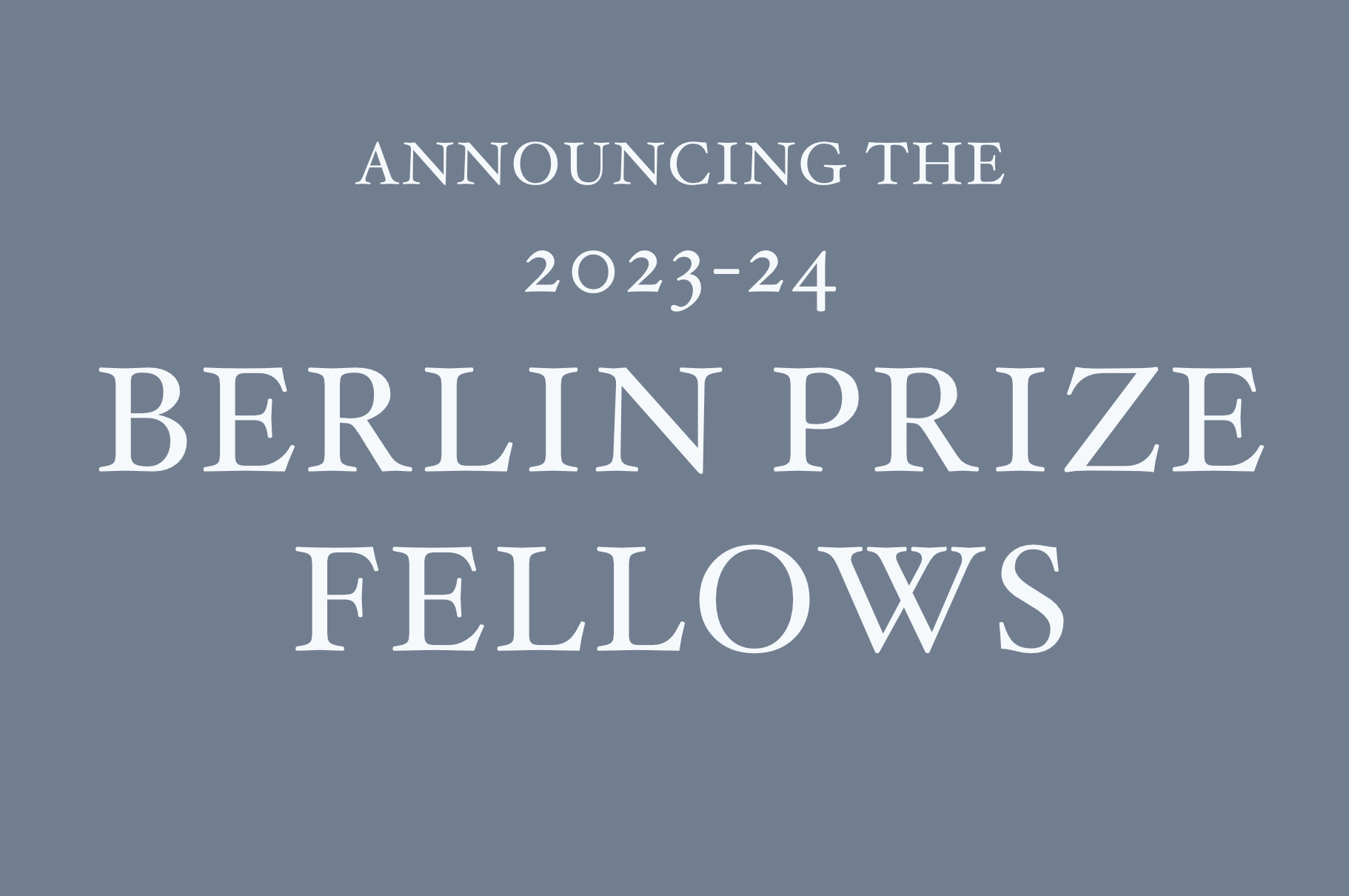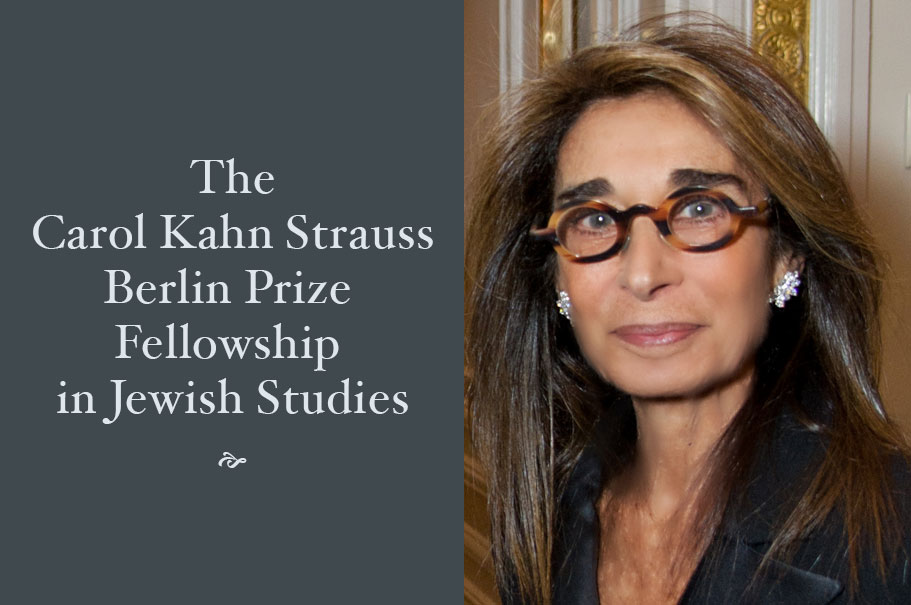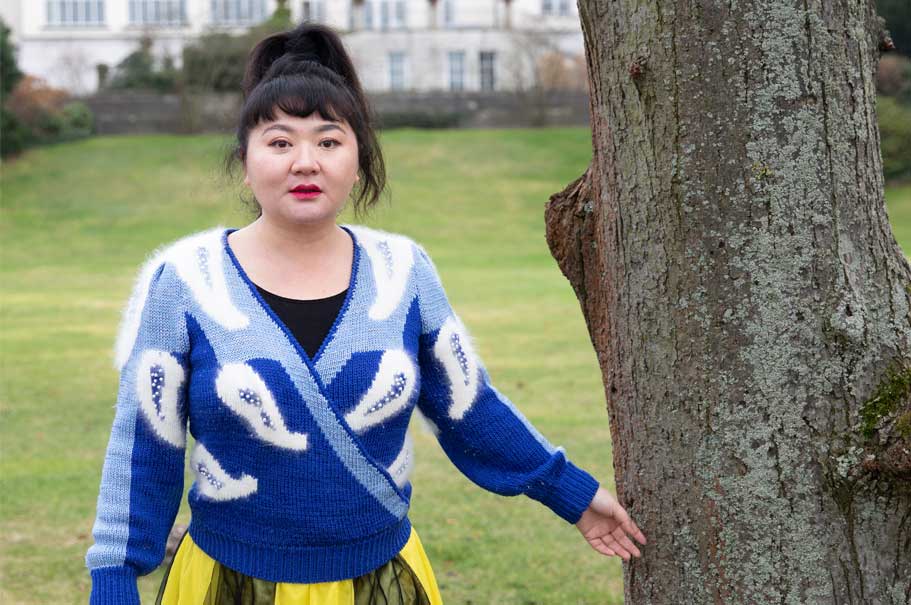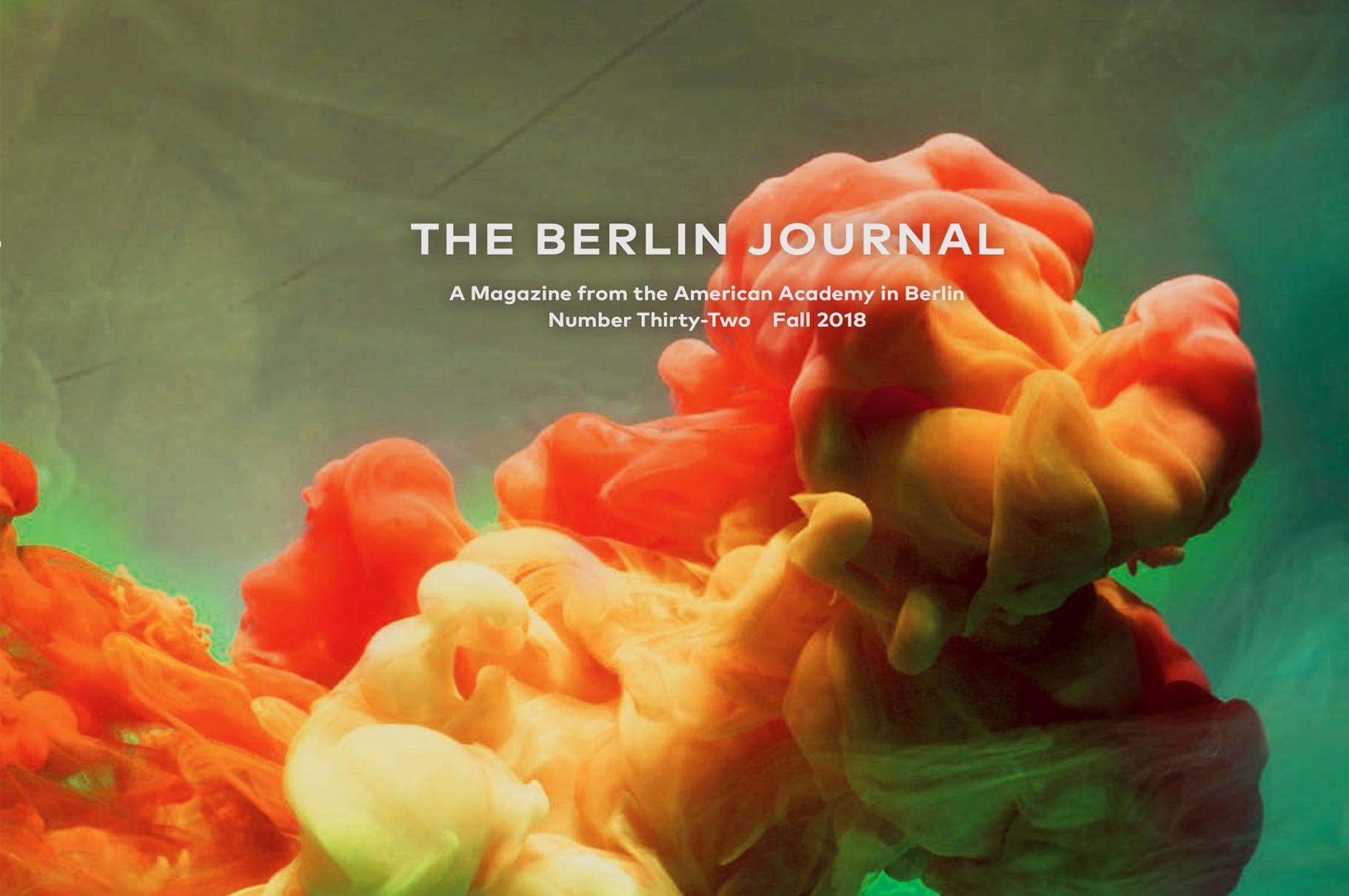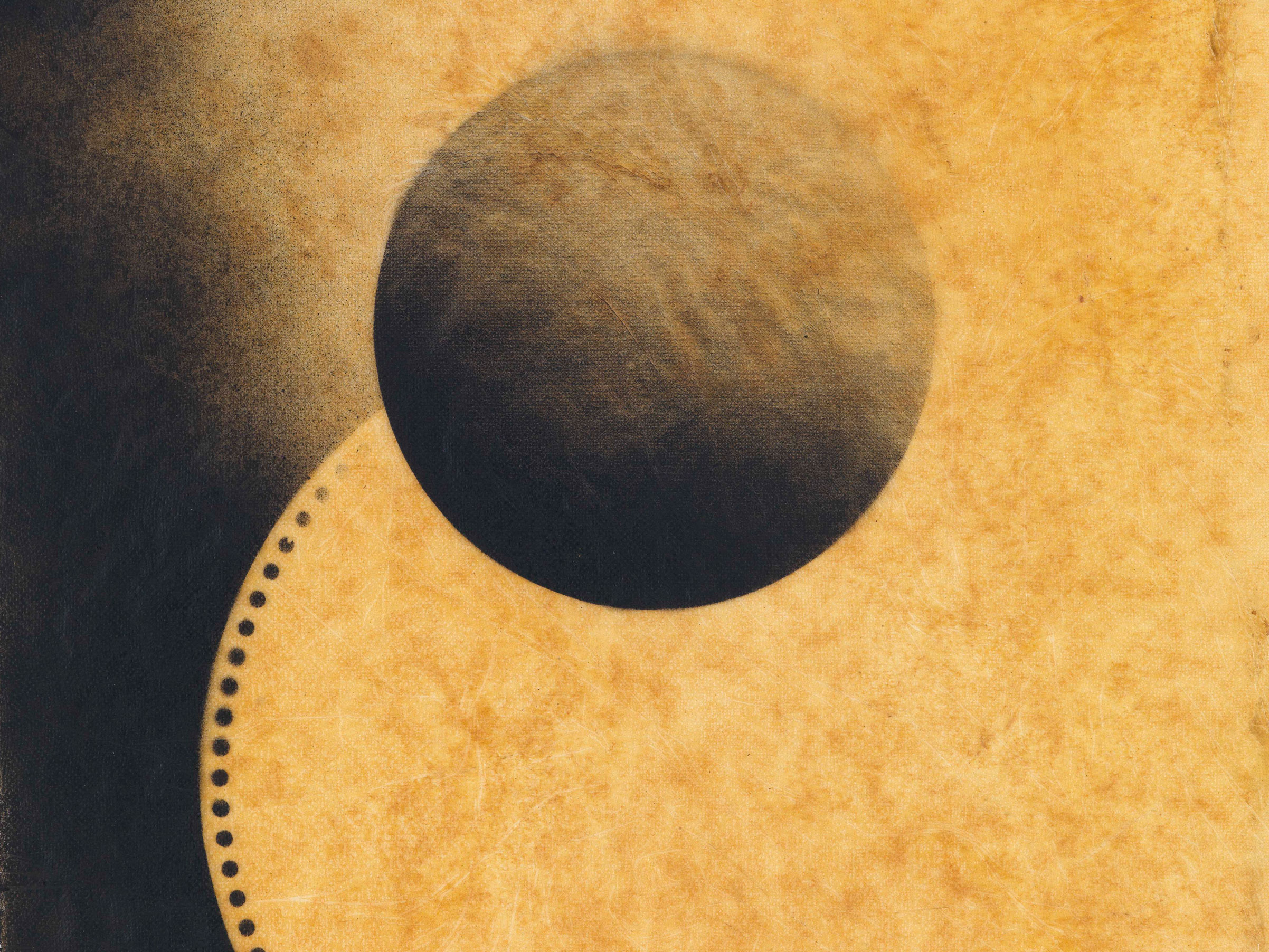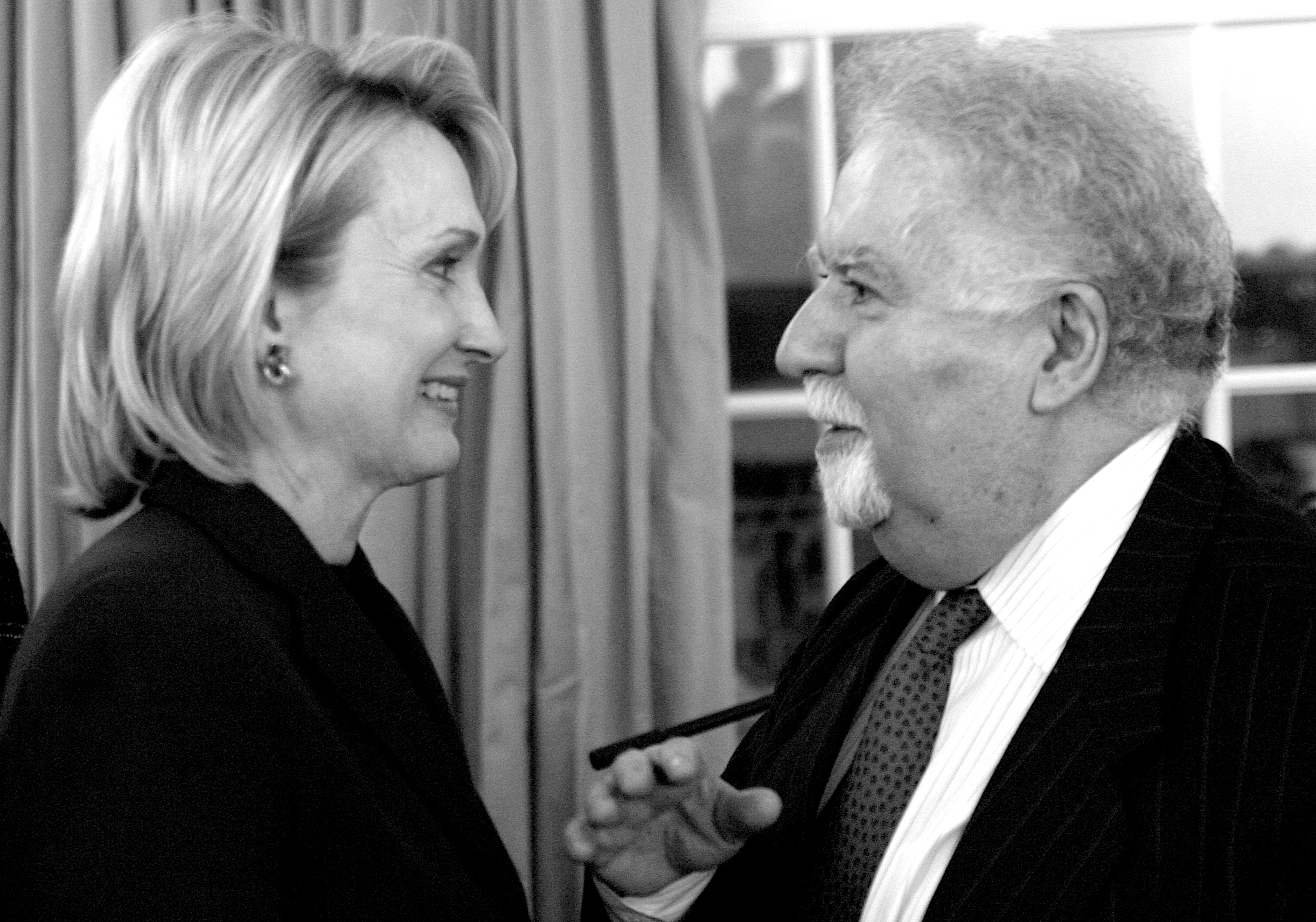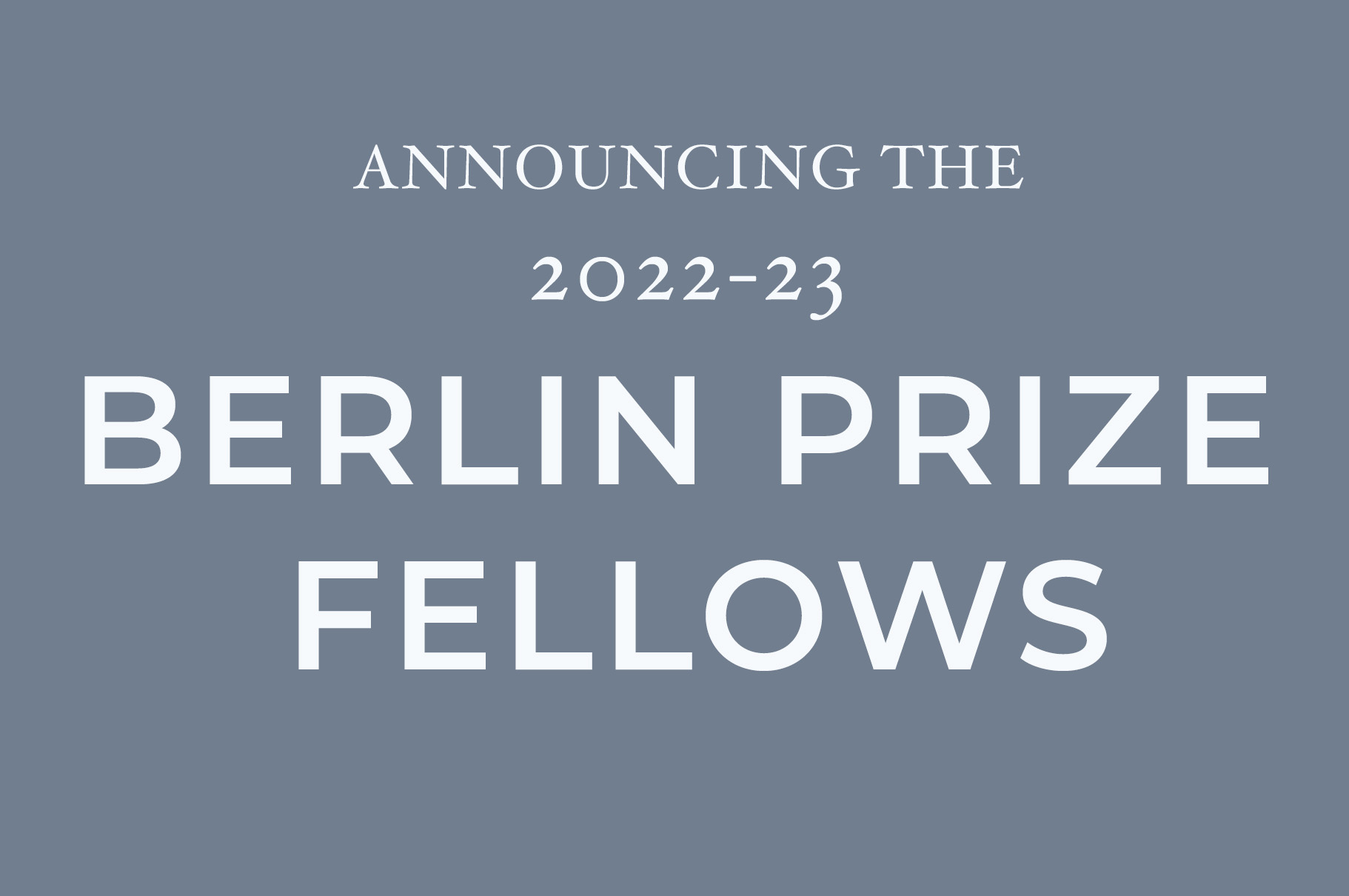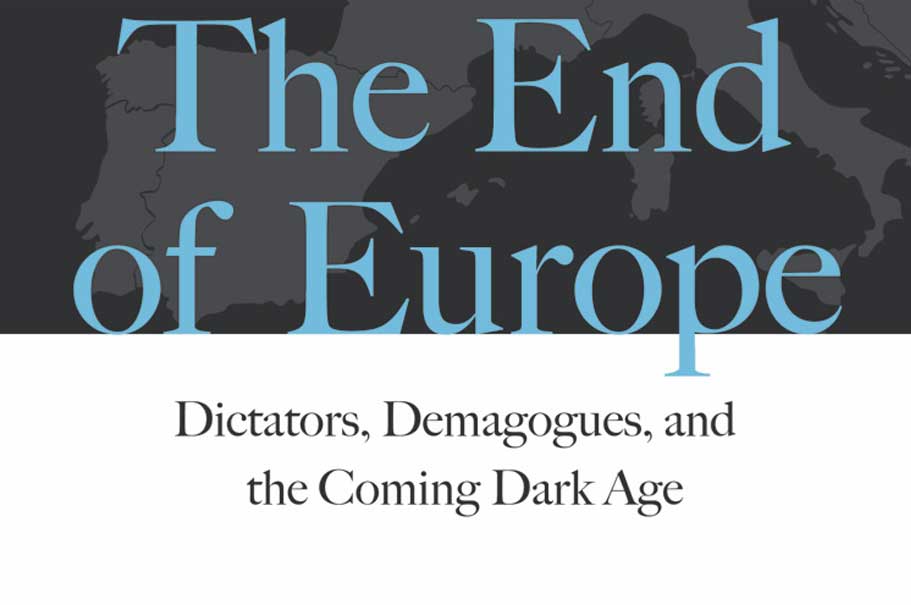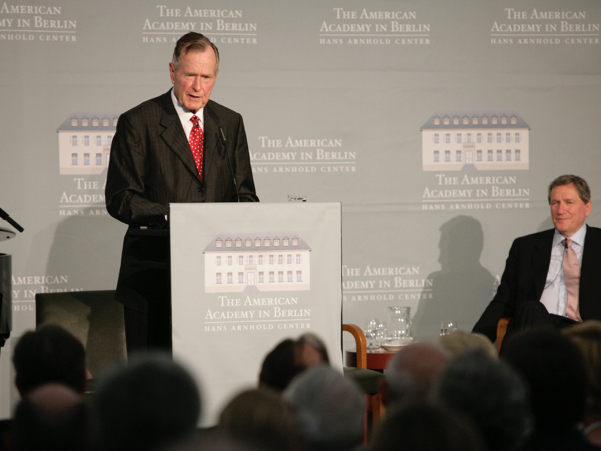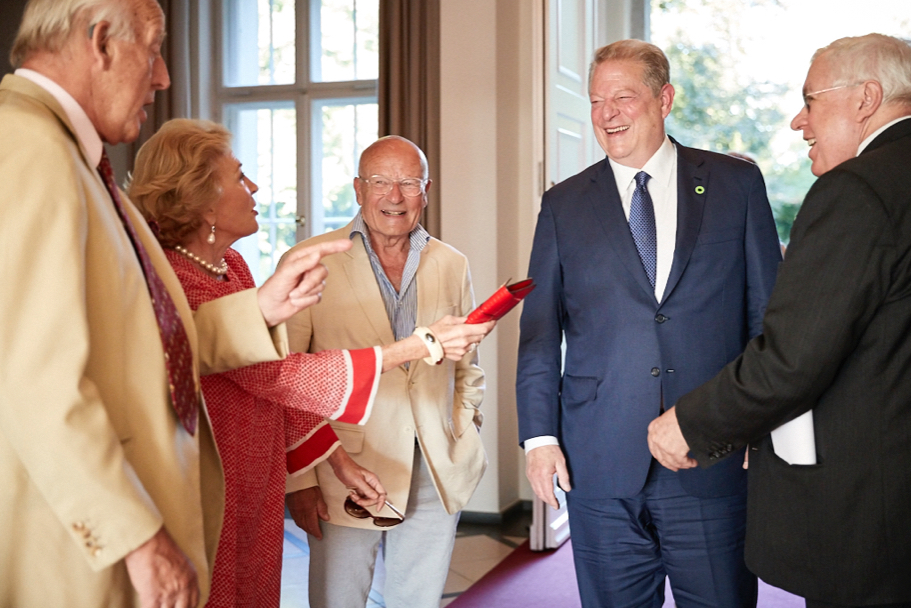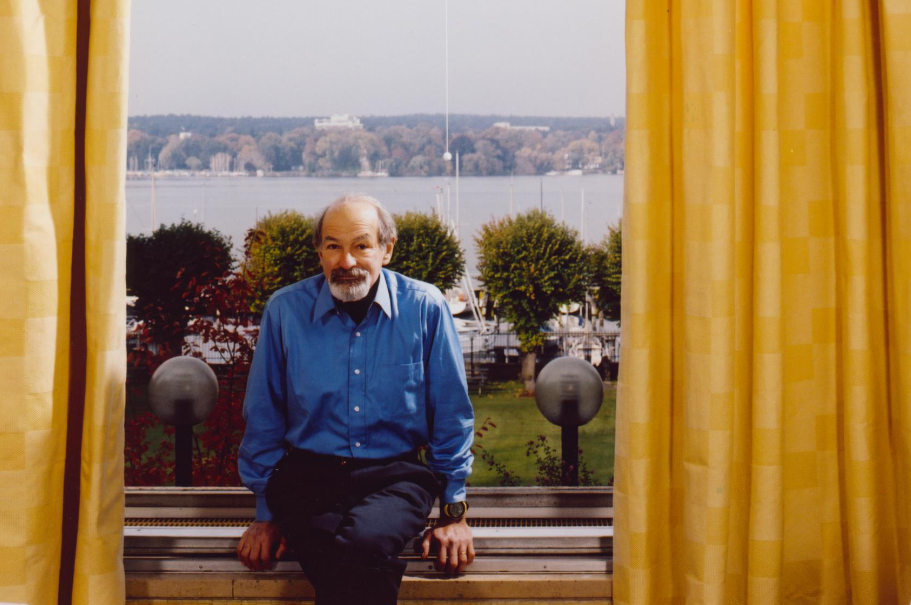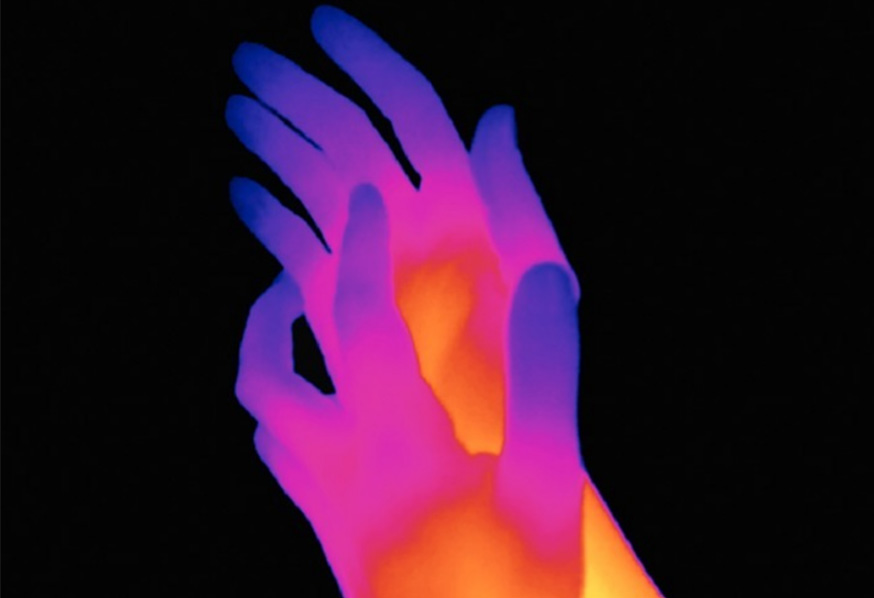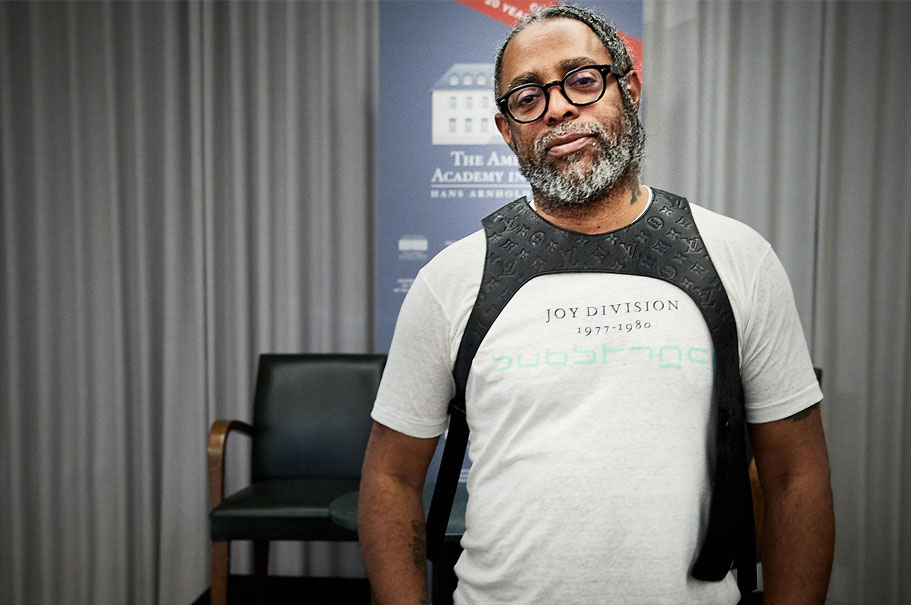
Max Beckmann Talk with Arthur Jafa
On December 17, 2018, the American Academy in Berlin hosted Arthur Jafa as a Max Beckmann Distinguished Visitor. Jafa’s visit coincided with the finissage of his show “A Series of Utterly Improbable, Yet Extraordinary Renditions,” at the Julia Stoschek Collection Berlin. The inaugural Max Beckmann visitor, in 2017, was artist Kerry James Marshall.
Hailing from Tupelo, Mississippi, Jafa has developed a dynamic oeuvre of films, artefacts, and happenings over the past three decades that reference the universal and specific articulations of Black being. “When African people were sent to the Americas,” he said, “at some point they became Black people. I’m interested in teasing out what that means.” A recurring question surfaces throughout Jafa’s multifaceted work: How can visual media—whether objects, static or moving images—transmit the equivalent sentiments of “power, beauty, and alienation” that are embedded within forms of Black music in US culture? To get at something of an answer to this question, Jafa co-founded TNEG along with Malik Sayeed, a “motion picture studio whose goal is to create a black cinema as culturally, socially, and economically central to the twenty-first century as was black music to the twentieth century.” To this end, at his Academy lecture, Jafa showed parts of his latest project, “The White Album.” Jafa’s filmic mash-ups, often sourced from YouTube, can sometimes be construed as making an attempt to speak for Blackness as a whole. But Jafa clarified the ethics of his aesthetic curiosity: “I don’t feel like I have an obligation to speak for Blackness. I do feel an ethical responsibility to interrogate why I feel that obligation.”
Jafa’s films have garnered acclaim at the Los Angeles, New York, and Black Star film festivals, and his artworks are held in the collections of the Metropolitan Museum of Art, Museum of Modern Art, The Tate, Studio Museum in Harlem, High Museum, Dallas Museum of Art, Museum of Contemporary Art in Chicago, Stedelijk Museum, Luma Foundation, Perez Art Museum in Miami, Los Angeles Museum of Contemporary Art, and Julia Stoschek Collection, among others. In 2017, Jafa produced the video for Jay-Z’s song 4:44.
Responding to an audience comment about how his films have emotionally affected viewers, Jafa responded, “Yes, lots of people come up to me to say my work made them cry. Now, I’m not trying to discount people’s emotional reactions, but I do begin to wonder, ‘”Is crying the kind of reaction that art should elicit?'”

